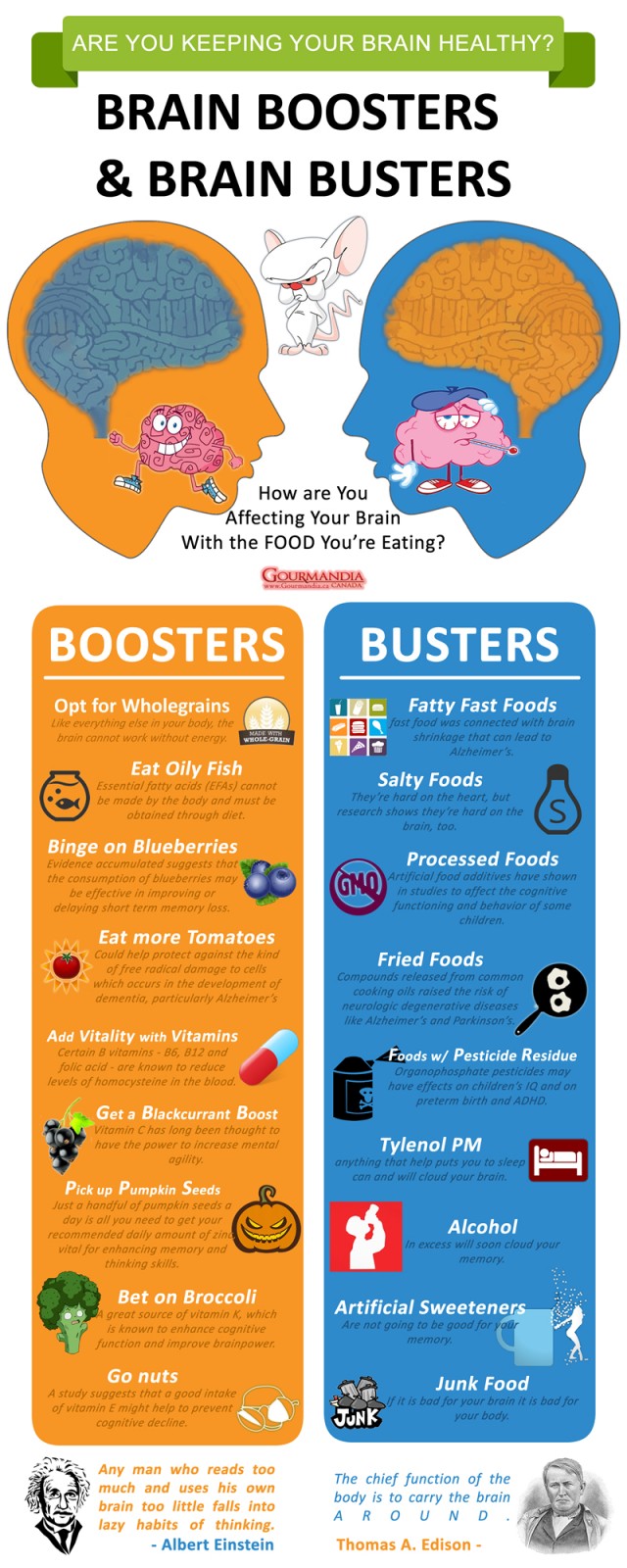Are you feeling more forgetful lately? Have you become more restless? After looking at your symptoms are you thinking that you could possibly have Alzheimer’s disease? Before you think about Alzheimer’s disease you should look at the symptoms for sundowner’s syndrome.
Sundowner’s Syndrome
Sundown syndrome affects individuals who have Alzheimer’s disease or dementia. When the sun tends to go down individuals with dementia tends to get more confused and agitated. It could also affect them from getting a good night’s sleep. They typically could wander. Many caregivers have said that the condition starts in the late afternoon or in the evening. It could become worse in the night but by morning it is usually clear.
You may even find individuals with sundowner’s syndrome pacing the floor because they aren’t able to sleep. Sundowner’s syndrome usually starts to peak in the middle phase of Alzheimer’s. There are things that may increase your ability of being at risk for sundowner’s syndrome.
Symptoms
There are numerous symptoms for sundowner’s syndrome. They include: forgetful, delirious, confused, restless, anxious, agitated, and mood changes. An individual being forgetful comes with dementia and Alzheimer’s disease. An individual could also become paranoid. They may begin to hide certain things because they will start to not recognize individuals. When an individual becomes agitated you may see them begin to shout at people. They could also hit other individuals and even throw things.
If the individual is having problems sleeping you could try to keep them on a sleep schedule. You could also try and discourage them from taking any naps. You could also find that the individual will be crying for no apparent reason. They could also become very stubborn and won’t do what you ask them to do. Another symptom would be if the individual follows you around everywhere and is mimicking whatever you are doing. They also may ask you the same questions over and over again. They may also interrupt individuals when they are talking.
Once you find out that an individual has sundowner’s syndrome the best thing is to make sure that you research the condition. This is like an addition to dementia or Alzheimer’s disease. You will find that this condition is seen in the late afternoon and early evening. It could become worse at night for some individuals. They will have to be watched at night so that they don’t wander off because they may not make it home.
